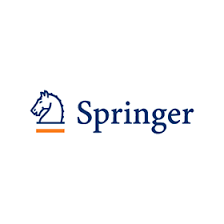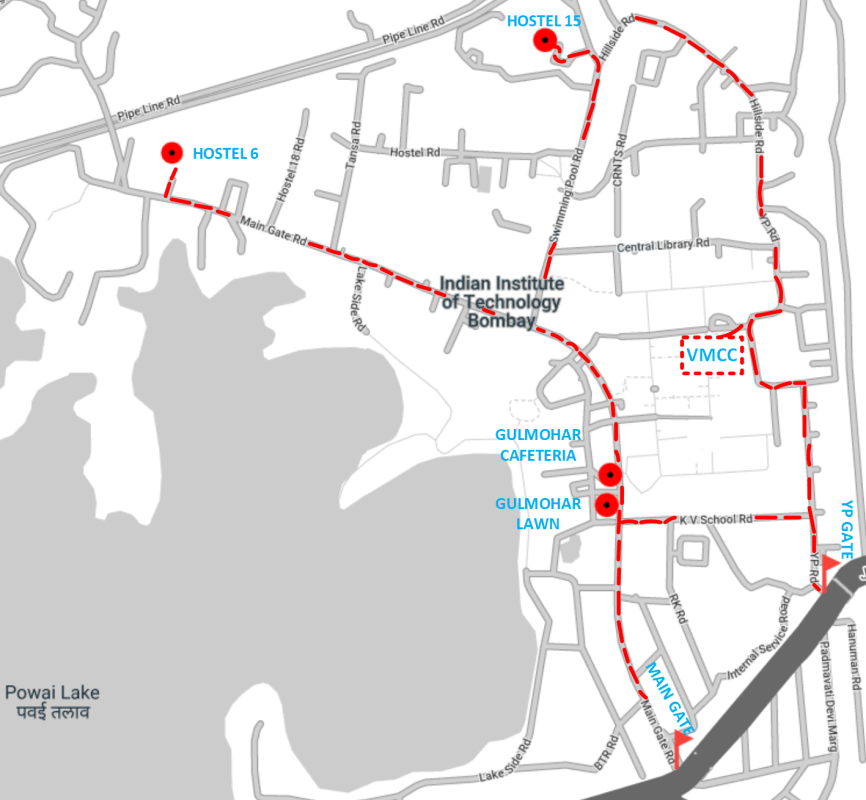
7th International Conference on Advances in Energy Research
10 - 12 December 2019
Mumbai, India

10 - 12 December 2019
Mumbai, India
We are pleased to announce the initial list of invited speakers for ICAER 2019. Please click on the name to know more about the respective speaker.
The panel discussion is scheduled to take place on 12 Dec 2019, 4 pm to 5:30 pm.
Topic: Energy Transitions and Energy Security
Panellists
Mr. Anil Kumar Jain is currently the Secretary, Ministry of Coal, Government of India and has more than 30 years of administrative experience in the field and policy formulation levels in various ministries/departments in the state and central governments. He has served the Ministry of Petroleum and Natural Gas as Director and Joint Secretary. He was also involved with policy formulation and implementation on the upstream and downstream development of the gas sector in India. He has published a number of papers and articles on the energy sector, including a book on natural gas policy framework in India (OUP, Oxford). He has been a Visiting Senior Research Fellow at the Oxford Institute for Energy Studies, Oxford, UK.
Mr. Karthik Ganesan is a Research Fellow at the Council on Energy, Environment and Water and leads the council’s work on the power sector. His research focus includes the operational reform of DISCOMs in India and the competitiveness of various power generation sources. He has led an independent effort to assess GHG emissions from the industrial sector and improve transparency in reporting, and has had an integral role in the establishment of the GHG Platform India. He has also led a first-of-its-kind evaluation of the impact of industrial policies on the renewable energy sector in India.
Dr. Anuradda Ganesh is the Director, Research & Innovation at Cummins. She leads the research program for developing advanced technologies for future business needs in automotive and energy domains. Her work involves (a) exploration of new technology ideas through university collaboration (b) proof-of-concept to demonstrate technical feasibility and (c) integration of new technologies into new products.
Dr. Keith Lovegrove is the Managing Director of ITP Thermal Pvt. Ltd. based out of Australia. He has more than 30 years’ experience in solar energy combined with 15 years of teaching experience in undergraduate and postgraduate courses in Energy Systems and Systems Engineering. He has worked extensively on the storage of solar energy with hydrogen and ammonia. He was previously the leader of the Solar Thermal Group at the Australian National University. In that role he was the lead inventor and design and construction team leader of the 500 square metre Generation II Big Dish solar concentrator.
Mr. Soeren Huittinen is the Head of Products R&D, India for Siemens. He has over 12 years of extensive experience in engineering and management of power generation systems. Currently, he is responsible for building an R&D hub for Siemens in India for their Gas and Power business that includes aspects of oil and gas production, power generation, and transmission.
We are grateful to have the support of excellent researchers from around the world for making ICAER 2019 a successful event! Please click on the name to know more about the respective committee member.
The International Workshop on Hydrogen Storage is a pre-conference workshop organized under the aegis of DST-IIT Bombay Energy Storage Platform on Hydrogen. The workshop is aimed at sharing the recent research in the field of hydrogen storage in terms of novel materials, systems, and integration with real time applications.
Renowned experts from different institutions will disseminate their views on the current status and the future trends in the field of hydrogen storage and its applications.
The workshop welcomes industry professionals, academicians, and researchers to participate and get benefitted from this opportunity.
Registration to the workshop is free for ICAER 2019 participants. After registering for ICAER 2019 (see here for more information), please use THIS FORM to register for the workshop by 20 Nov 2019.
In case the above link is not working, please copy and paste the following in your browser's address bar: https://forms.gle/mvPrjarRffv3gJwt8

The Springer Author Workshop on Scientific Writing for Journals is a pre-conference workshop supported by Springer Nature publishing group.
The face of scientific publishing is changing at a very fast pace. Transitions from print to electronic, the onset of open access publishing and the change in research demographics by geography, are a few of the issues being talked about in the publishing world today. How do these changes affect researchers? How can young researchers leverage these transitions to make their work visible? What is Open Access Publishing? What are citations and how are they calculated?
In this particular author workshop lecture, Ms. Swati Meherishi, Executive Editor - Applied Science and Engineering at Springer Nature, will speak briefly about the transitions in and the needs of the publishing world, and how young researchers need to prepare for it. This author workshop has been devised specifically as a resource for teaching non-native English-speaking researchers, particularly young scientists. Some of the key topics covered during this lecture are:
1. Writing for international journals: Structure, style, accuracy
2. Selecting a journal for your manuscript
3. Peer review and you
4. Publication ethics
5. Plagiarism, Citations, Open Access: The buzzwords of publishing
6. Avoiding pitfalls
The workshop lecture will take place on 09 December 2019 between 4 pm and 6 pm at VMCC, IIT Bombay and is free and open for everyone.

VMCC
The conference will take place in the Victor Menezes Convention Center (VMCC) at IIT Bombay, Mumbai, India. VMCC hosts a well-equipped auditorium, seminar rooms, lounges, etc. that can hold several parallel oral and poster sessions.
IIT Bombay
Established in 1958, the second of its kind, IIT Bombay was the first to be set up with foreign assistance. The funds from UNESCO came as Roubles from the then Soviet Union. In 1961, the parliament decreed the IITs as ‘Institutes of National Importance'. Since then, IIT Bombay has grown from strength to strength to emerge as one of the top technical universities in the world and has recently been declared as one of the six ‘Institutes of Eminence’ in India.
Made with Mobirise - Details here